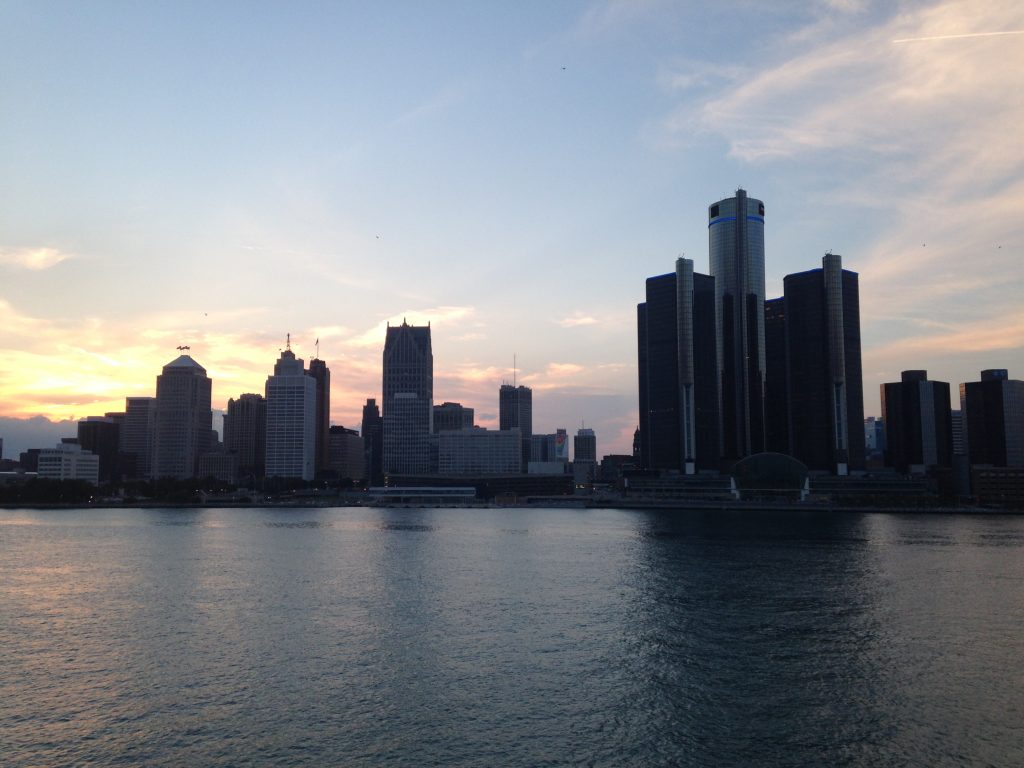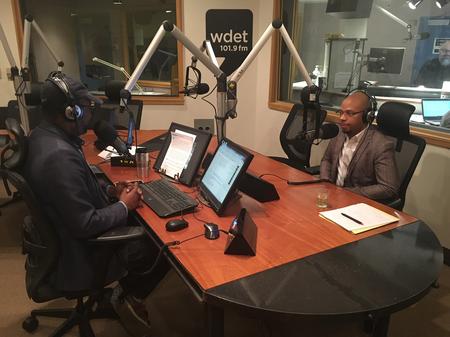What is the State of Black Life in Detroit?
“What I have heard time and time again is there is this dissatisfaction with the way the city is evolving.”


In his final State of the State speech Gov. Rick Snyder used Detroit as an example of the success of his two terms in office.
“Detroit’s transformation has been incredible,” he said. “Remember what Detroit was like 10 years ago, or maybe you may not want to. The progress has been incredible.”
But not everyone has seen and felt the progress in Detroit.
The state-led emergency management of the city, a municipal bankruptcy proceeding, and the treatment of longtime residents compared to businesses and new people investing in Downtown and Midtown have all been controversial aspects of the past several years.
So what is the state of the city of Detroit? Specifically, what is the state of the city for black Detroiters, who make up more than 80 percent of Detroit’s population?
Chase Cantrell, executive director of Building Community Value and host-emeritus of Urban Consulate in Detroit asked himself, and attempted to answer, this question in a recent parlor talk at the Urban Consulate: “What role should Detroit play as a national model for black culture, investment, development & thought?”
Cantrell says Detroit has a lot of healing to do before it can move forward with strength for all its residents. He says many longtime Detroiters feel left out of the changes happening in Detroit, particularly in Downtown and Midtown Detroit.
“What I have heard time and time again is there is this dissatisfaction with the way the city is evolving,” says Cantrell.
Cantrell says it will be impossible to create a Detroit that feels united without “really taking into consideration the trauma Detroiters feel.”
Cantrell says he thinks it’s possible to move away from a so-called “two Detroits,” but the work will be hard and take a long time.
Here are a few notes from Cantrell’s vision for forward momentum for black Detroit:
– Cooperative economics — encouraging & empowering Detroit residents to pool resources to establish & enhance business & development projects (Examples: Cooperative Capital, Century Partners)
– Space equity — focusing not only on preservation of black cultural spaces, but the intentional ownership and development of land as a method to build and reinvest wealth locally (Example: Building Community Value)
– System collaboration — ensuring that leaders across domains (eg, governance, business, education, technology) are actively collaborating toward defined community goals (Example: New Detroit, Inc.)
– Knowledge sharing — building platforms that permit dialogue, training or mentorship across domains and across generations (Example: Urban Consulate)
To hear more from Cantrell on Detroit Today, click on the audio player above.
